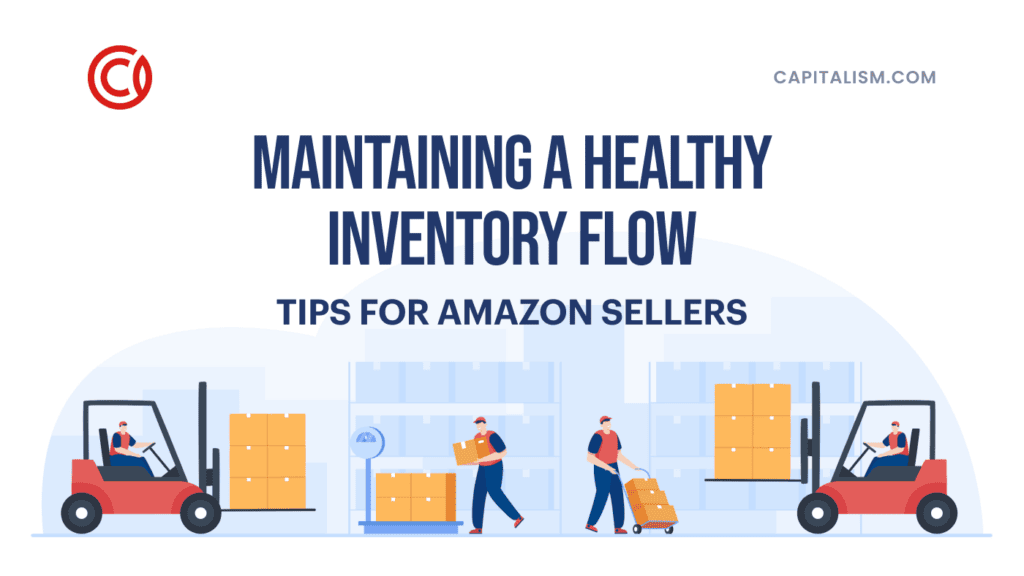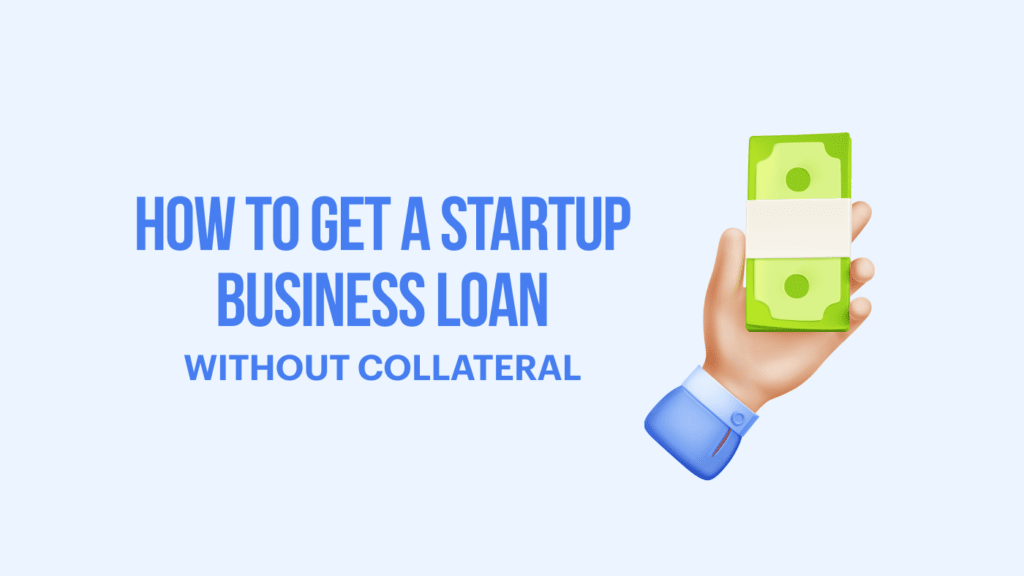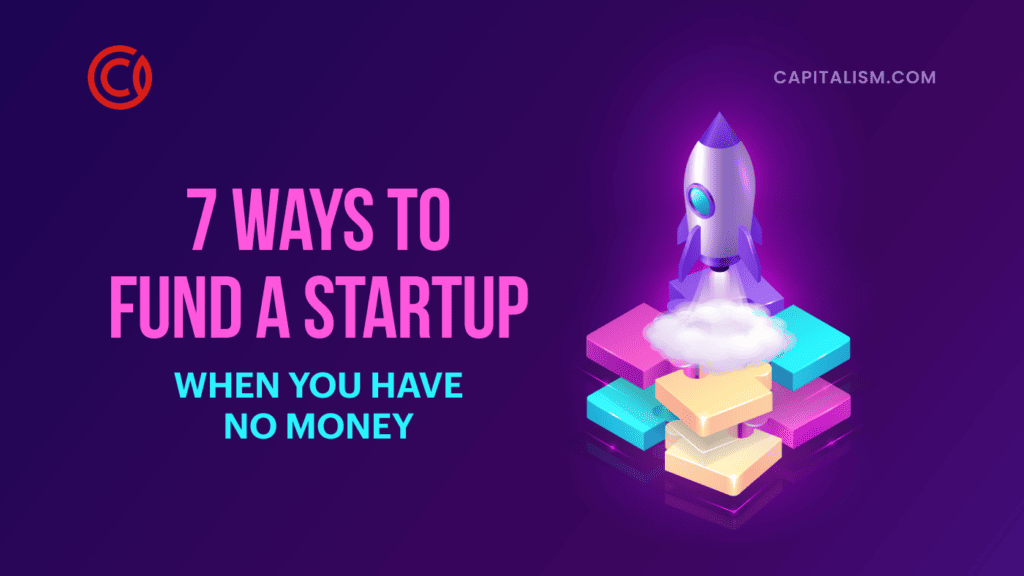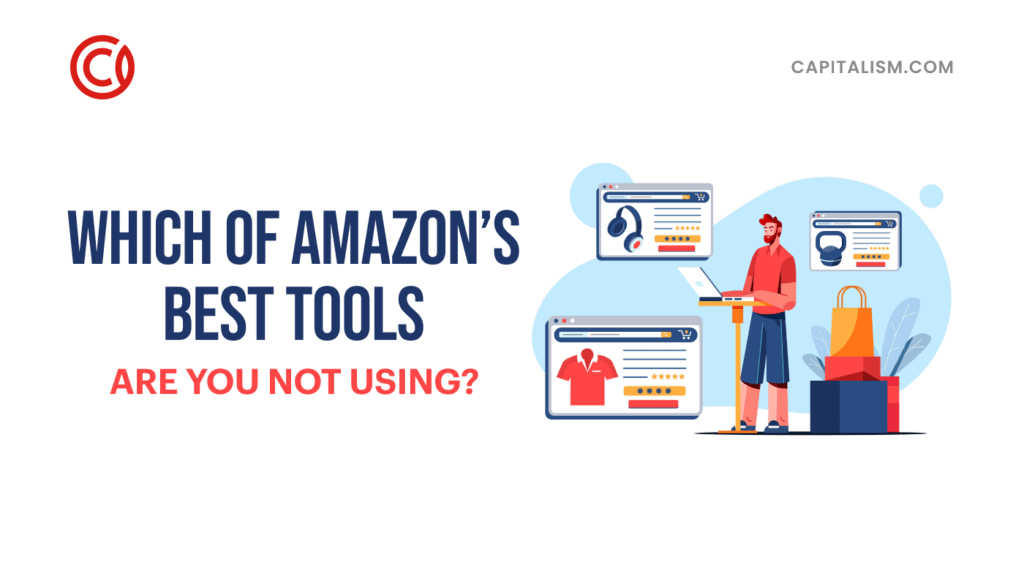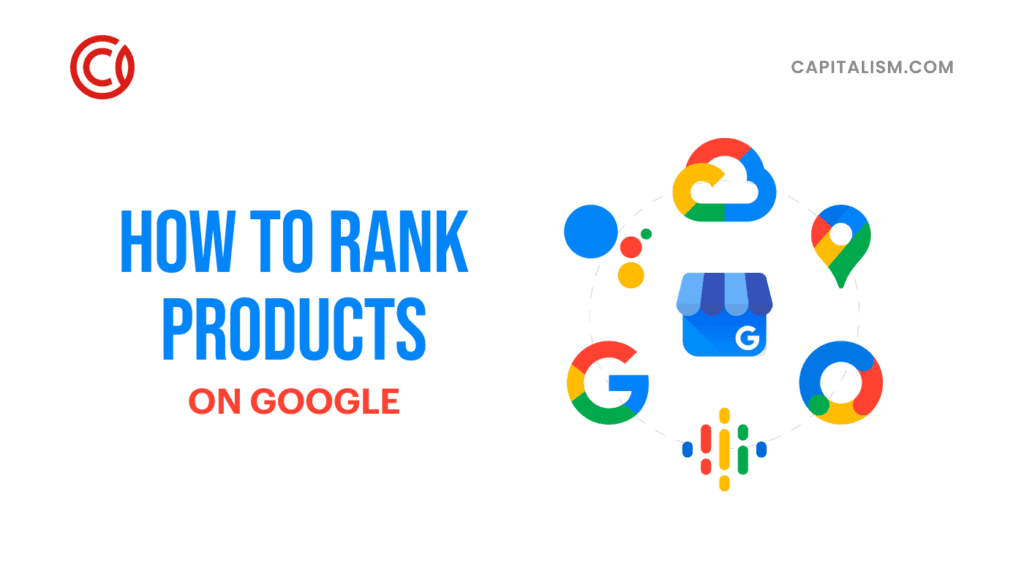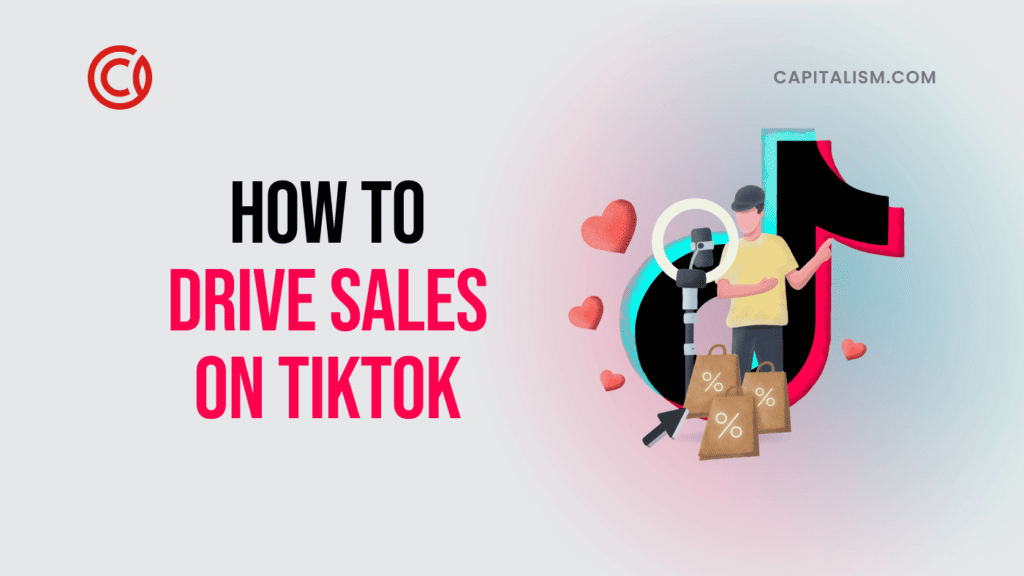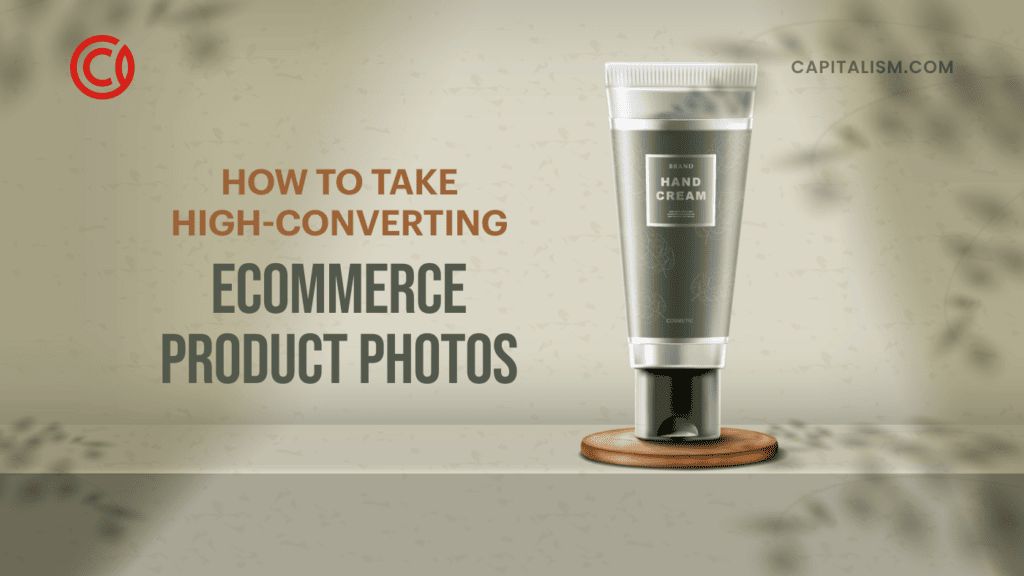There are good business partnerships that result in millions of dollars in profit.
There are bad business partnerships that result in million-dollar ideas generating zero profit.
Even worse—there are business partners who steal money from companies.
Capitalism.com founder and CEO Ryan Moran has experienced all of these types of business partnerships. So what makes a good business partner, and how do you find them?
Here are seven ways to determine if your business partnership can lead to success or potentially crash and burn.
The Personality Match
Ryan's business partnership with Sean Coyne in Zen Active Sports, a million-dollar yoga brand that they built and sold, was a success.
When the two of them work together, their respective strengths complement each other. They bring out the best in each other. Ryan casts the vision and sees the big picture, and Sean creates the process and systems for making that vision a reality.
Ryan has also had business partnerships where the partners are entirely too similar. If you and your partner are the same, one of you doesn't need to exist in the business.
Value Proposition
You have to have something to offer in order to attract the right business partner.
"Just like if you were selling a product, what is the thing you bring to the table that is even valuable to people to invest in? Meaning their time, there ideas, their energy," according to Ryan.
Here's one way to look at it: Ryan has ideas and capital, which means he needs talent with time, energy and experience. That's why he works with and invests in businesses within The Tribe, our business incubator stacked with hungry entrepreneurs who have energy and time.
What's your super power? What are you bringing to the table? Before you can find the right fit for your business partnership, you must know what assets you have. That way you can go get complementary assets that fit your needs.
Putting Yourself Out There
Too many people get into business with the first person they "date."
You should be just as selective about who you get into business with as who you marry—or at least who you're going to take on a mortgage with.
Another one of Ryan's successful business partnerships was with Matt Davis. The two built up a brand that then sold for millions. They met at an event.
Clement Wan is Ryan's partner in The Capitalism Initiative, which is an investment fund for physical products brands. They met at an event.
We actually host an annual event that attracts entrepreneurs who want to learn about building empires from people who have built eight- and nine-figure companies.
With the high achievers, successful empire builders and wealthy investors at The Capitalism Conference, this December in Austin, Texas, we are creating an atmosphere for magical things to happen—including you potentially finding the right business partner.
Building Trust
Just as Ryan has experienced the good and bad in business partnerships, so has Clement.
"A lot of the partnerships that haven't worked out for me are ones where I've bankrolled them and they weren't able to deliver what they said they could," Clement said. "One outright lied about a lot of different things and didn't meet commitments."
Before they made it official, Ryan says he and Clement "dated" for a year before they became business partners.
In that time, Clement and Ryan realized they were a good match. Their business partnership is great and working.
Relationship Maintenance
Both Clement and Ryan know that partnerships are like marriages— without the love. And they're harder to get out of.
Any good partnership is grounded in good communication. Speaking freely, addressing problems quickly, and sharing perspectives keeps you informed about how and what your partner is thinking about.
Strong communication also allows you to make sure you both stay aligned with your purpose and vision. Because having similar goals are foundational to any strong relationship—and business partnership.
Open communication also fosters a sense of accountability. If each of you are being personally responsible for your commitments, you're building mutual respect and trust.
Filtering Opportunities
If partners are bombarded with opportunities without knowing how to filter them, it becomes easy for distractions to lead you astray from your core vision.
Set up parameters to vet what opportunities you should pursue, and which ones to let go of.
And both partners need to be okay with letting opportunities go.
You never want to be in a position where you're so strapped for cash you're either taking on too many opportunities and not executing well, or you're not looking at other opportunities and simply milking your business dry.
The Ownership Split
In the best business partnerships, Clement says the ownership should not be 50-50. For The Capitalism Initiative, Clement insisted that Ryan slightly edge him out in the number company shares.
Why?
"Hopefully you always agree and have consensus," Clement said. "But if you do disagree, somebody's voice has to carry forward. And you accept that's going to be the case and support that decision when it's ultimately made."
Clement also suggests setting a vesting schedule for those shares. A vesting schedule should align with the vivid vision for the company over several years, and is a great way to set up a long-term commitment.
-->Are you in a physical product business partnership that's going really well?
Great! We want to talk to you about your company and see how we can help you grow as part of The Tribe. Click here to learn more.
-->If you're looking for a super awesome business partnership, we want to help you find that A-player.
We attract high achievers at The Capitalism Conference, which is why you should be there. Come participate as a VIP and walk away with your mind blown.
MORE WAYS TO SHIFT YOUR MINDSET ON CAPITALISM.COM:
• Don’t Collaborate Unless You’re Willing to Listen to Opposing Ideas
• Why We Need More Job Creators, Not Job Takers
• Why Internet Marketers are Uniquely Qualified to Make the World Better


